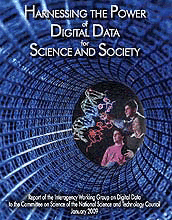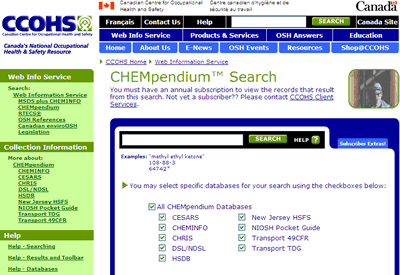Strengthening High School Chemistry Education
Friday, June 5th, 2009Authors:
Steve Olson, Rapporteur; Chemical Sciences Roundtable; National Research Council
Publisher’s Description:
A strong chemical workforce in the United States will be essential to the ability to address many issues of societal concern in the future, including demand for renewable energy, more advanced materials, and more sophisticated pharmaceuticals. High school chemistry teachers have a critical role to play in engaging and supporting the chemical workforce of the future, but they must be sufficiently knowledgeable and skilled to produce the levels of scientific literacy that students need to succeed.










